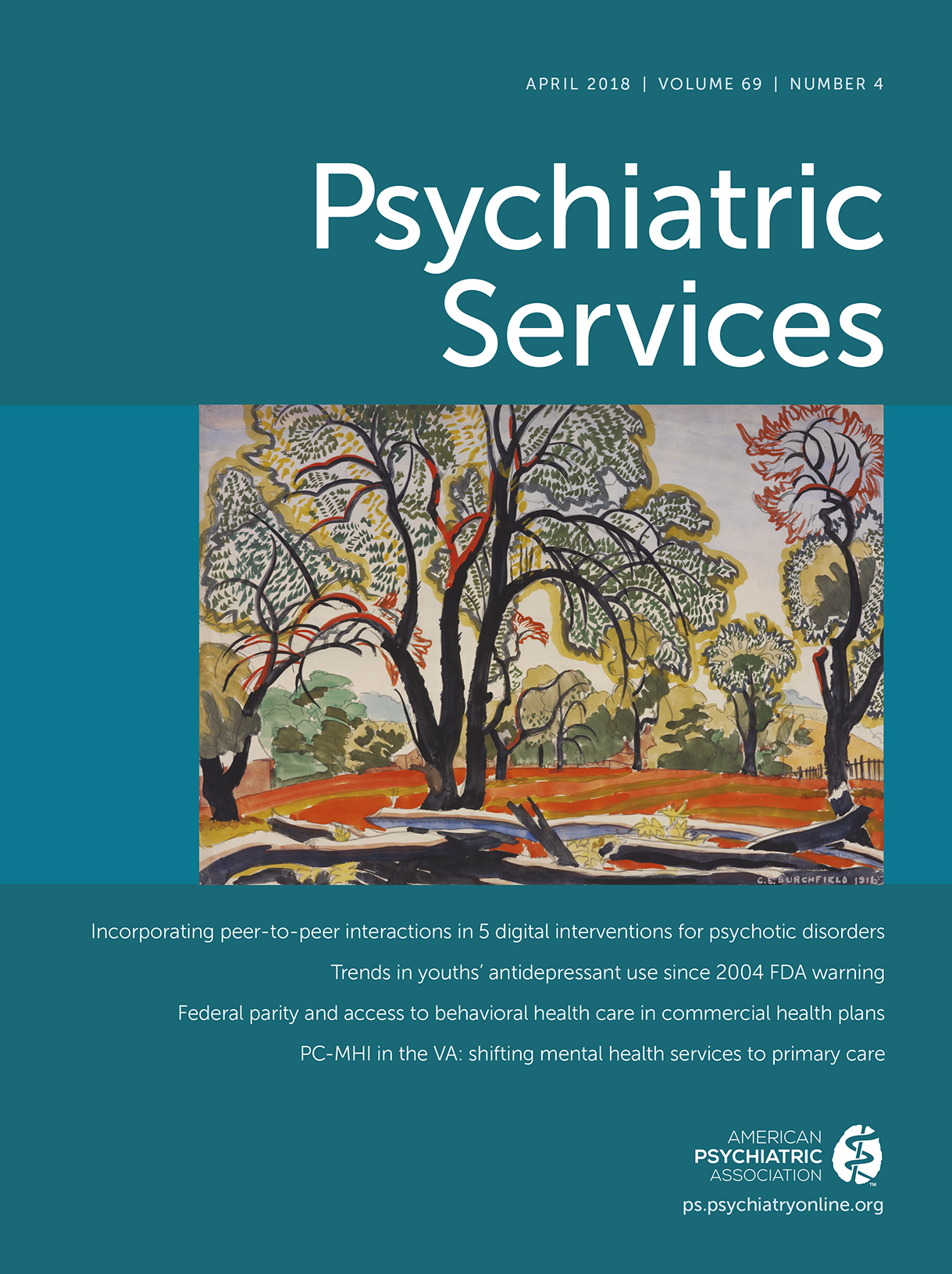Ending AIDS as a Public Health Threat: Treatment-as-Usual Risk Reduction Services for Persons With Mental Illness in Brazil
Abstract
Objective:
Persons with mental illness have higher HIV infection rates than the general population. Little is known about whether care systems for this population are effectively participating in global efforts to end AIDS as a public health threat. This study examined treatment-as-usual HIV risk reduction services within public mental health settings.
Methods:
The authors interviewed 641 sexually active adults attending eight public psychiatric clinics in Rio de Janeiro about participation in a sexual risk reduction program, HIV testing, HIV knowledge, and sexual behaviors.
Results:
Nine percent reported participation in a risk reduction program in the past year, and 75% reported having unprotected sex in the past three months. Program participants had greater HIV knowledge (p=.04) and were more likely to have had HIV testing in the past three months (p=.02), compared with nonparticipants. Participation was not associated with sexual behaviors.
Conclusions:
Including persons with mental illness in efforts to end AIDS requires a greater commitment to implementing effective interventions in public mental health systems.



